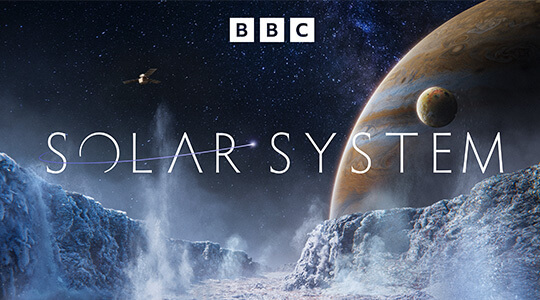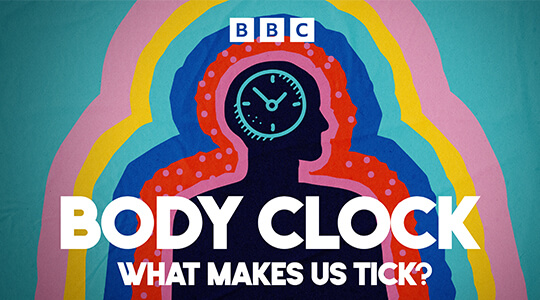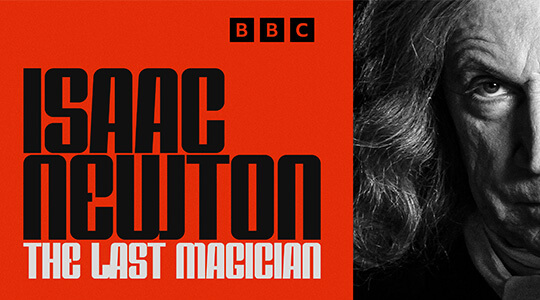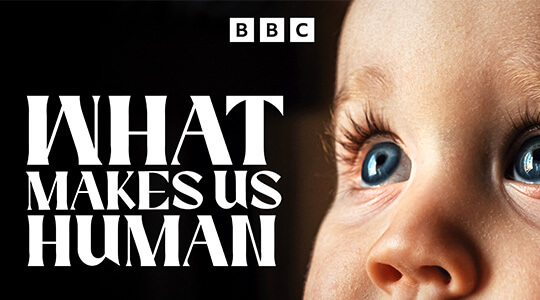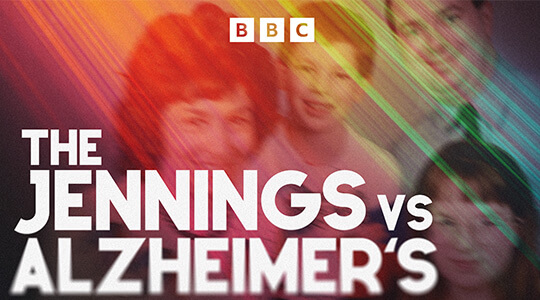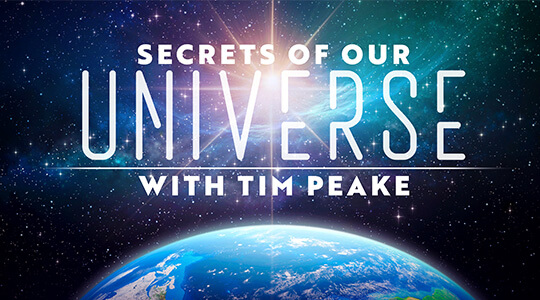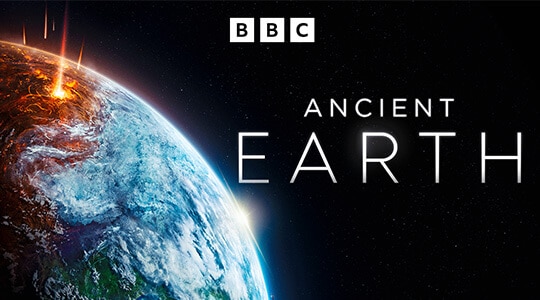In Search of Science
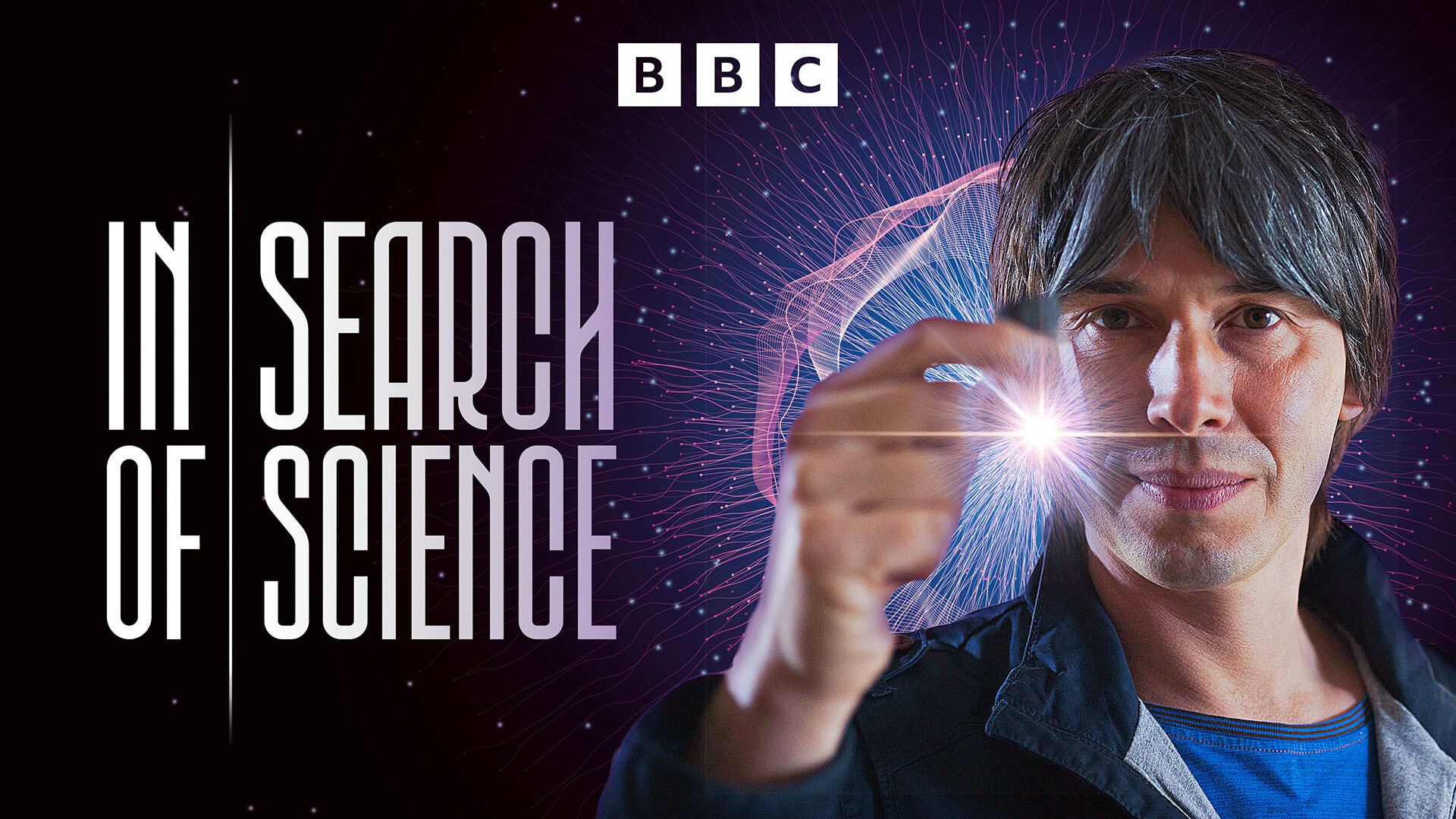
Professor Brian Cox is going in search of the best of British science. Introducing his science heroes from across the ages, he visits the places where they made their discoveries, recreates their experiments and examines their legacy. Both the visionary geniuses and the forgotten mavericks, are explored. Brian finds out what science is, where science came from, and where science may be taking us.
Watch In Search of Science and more acclaimed documentaries on BBC Select today. Restrictions apply*.
In Search of Science on BBC Select
Episode 1: Frankenstein’s Monsters
Professor Brian Cox grapples with science’s darker side and asks if it can go too far.
Professor Brian Cox grapples with science’s darker side, asking why, when science has done so much for us, it often gets such a bad press. Starting with the original Frankenstein, the grisly 19th century tale of George Foster’s hanging and subsequent ‘electrocution’, he confronts the idea that science can go ‘too far’. Are British scientists’ meddlers, or visionaries corrupted by the unscrupulous?
Episode 2: Method and Madness
A look at Isaac Newton, a complex man who undermined his rivals and guarded his secrets.
Professor Brian Cox celebrates Britain’s pivotal role in creating modern science. From performing Isaac Newton’s iconic light experiment to meeting a wartime code breaker and making hydrogen explosions, he ploughs through 300 years of British history. Along the way, he introduces the obsessive, eccentric, visionary characters who dragged science into the modern world.
Episode 3: Clear Blue Skies
Professor Brian Cox reveals what science is and how it is always linked to the past.
Professor Brian Cox reveals what science really is, who the people are who practice it, and how it is inextricably linked to the past, present and future of each and everyone of us. British science has a long track record of accidental discoveries improving our lot. Wondering why the sky is blue helped British scientists crack bacterial infection. But is this the best way to use science?






